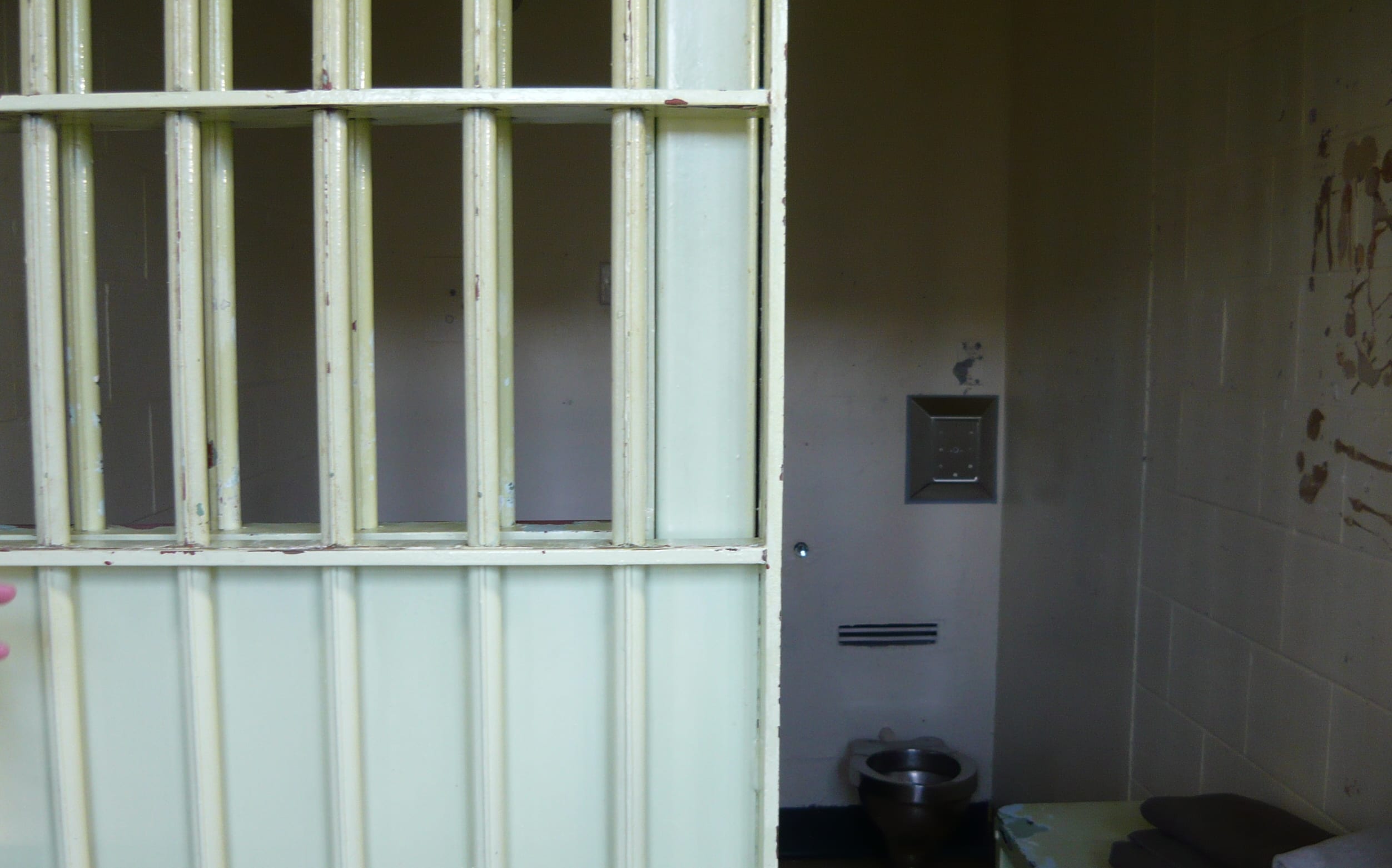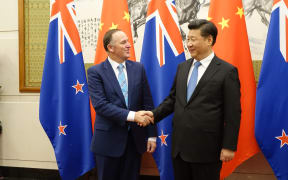The government is being told there's no way it could protect people from execution or harsh prison conditions if it set up an extradition treaty with China.

Amnesty International said New Zealand would have no control over what happened to those extradited once they had left the country. Photo: RNZ
Prime Minister John Key, who is in Beijing, said the government was considering a formal extradition treaty with China. He said there were up to 60 people living in New Zealand who China wanted to extradite for fraud and embezzlement offences.
The comments were met with concern from human rights group Amnesty International.
Campaigns director Meg de Ronde said there were major flaws with China's justice system and New Zealand could be sending people into danger if the deal went ahead.
"China's justice system is one that in practice has no presumption of innocence or expectation of a fair trial. People face very harsh prison conditions, they face forced labour, arbitrary detention, enforced disappearances - and of course the use of torture is rife in criminal investigations in China," she said.
Mr Key said New Zealand would not extradite people to China unless the government was certain they would not be tortured or face the death penalty.
But Ms De Ronde said there was no way he could guarantee that.
"New Zealand would have no control over what happens to them once they left our shores, so we would be very concerned if John Key was willing to have people extradited to China given that we cannot guarantee their safety or that their rights would be respected once they go back."
"Any assurances would have to be treated with great caution, given that China is unwilling to open itself to scrutiny on how many people it executes every year, we would be very cautious about allowing people to go back to a justice system which we already know is very unjust and where people are routinely tortured and denied their basic rights."
University of Waikato professor of international law Neil Boister agreed there was some risk.
Once a treaty is signed, he said, most countries did not ask about the quality of the criminal justice system where a person is to be extradited.
"If the government is satisfied that the criminal justice system in China meets its basic humanitarian or human rights standards then the courts in effect are somewhat bound by the government's decision, and there's not a lot of scope for testing the quality of Chinese criminal justice after that point."
Labour Party foreign affairs spokesman David Shearer said a deal with China was worth looking into given New Zealand's deepening relationship with the country but warned the government would need to take a cautious approach.
"I think there are a couple of issues that we need to sort through and to make sure that first we're not sending anybody back to a death sentence, which would be against our law and against our values. And secondly that the charges that they'll face are criminal charges and not political charges, which may be more difficult to determine."
Mr Key said a review by the Law Commission would underpin any formal treaty.






